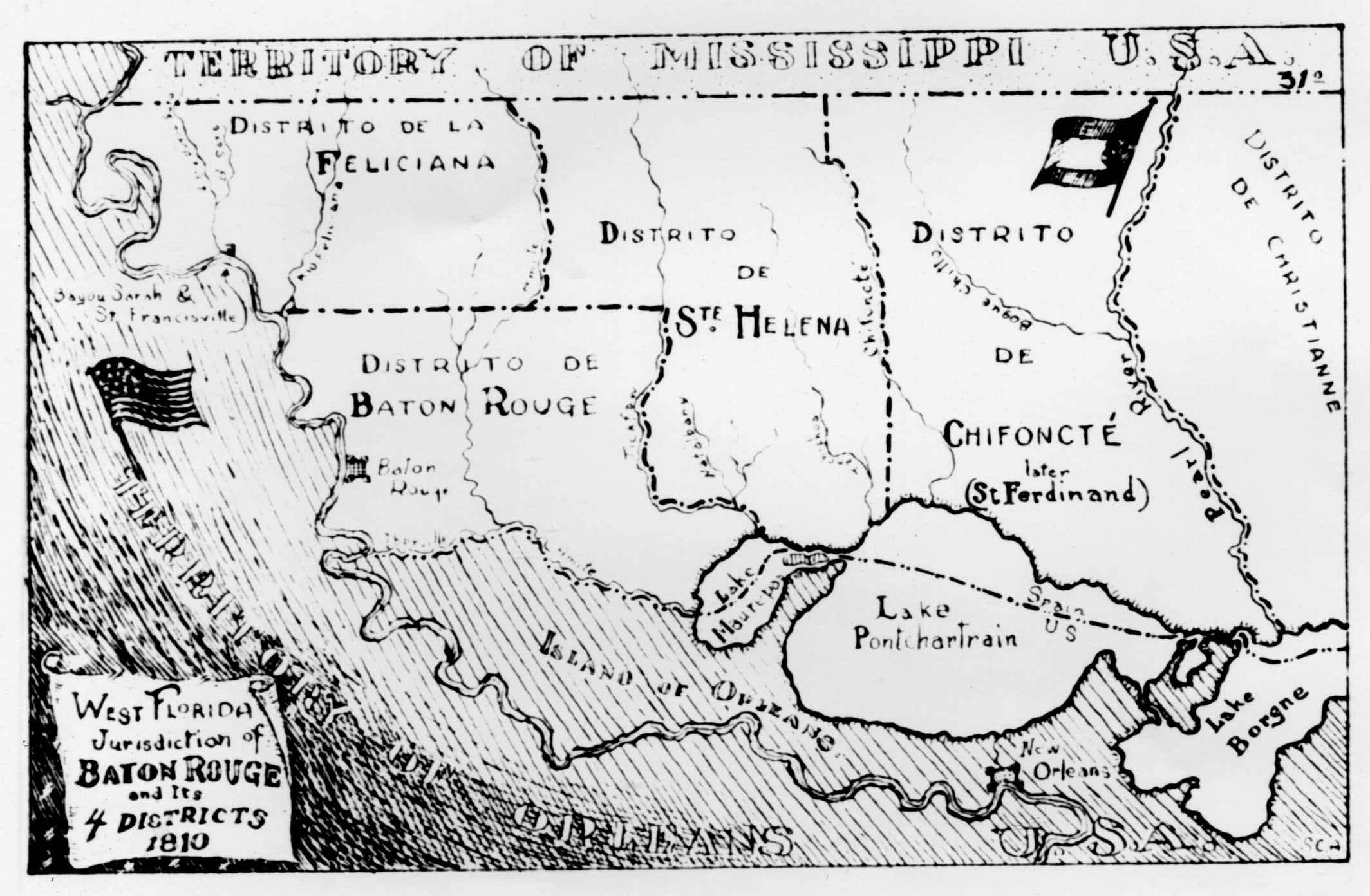*
One interesting topic that came up in Israel, admittedly more often after hours than during sessions, was the use of 'hybridity' as distinct from 'mixity'. The former, for me, includes not only state laws, but non-state norms. Obviously, this is very close to the many schools of 'legal' or 'normative pluralism', but I think there are differences that I hope to explore more fully in the future. While I've already repeatedly used--arguably abused--this notion of 'hybridity' in several articles, I'd welcome any feedback (preferably directly by email) from members on its definition, its utility, etc, etc.
Forgive the shilling, but, for those interested, the following recent, relevant, and closely-related papers are available on my SSRN page:
• ‘Comparative law and hybrid legal traditions: an introduction’ and ‘Histories of hybridity: a problem, a primer, a plea, and a plan (of sorts)’ for E Cashin-Ritaine, SP Donlan, and M Sychold (eds), Comparative law and hybrid legal traditions (2010)
• ‘The Mediterranean Hybridity Project: at the boundaries of law and culture’ to be published in the Journal of Civil Law Studies in mid 2011
These articles attempt to create a foundation, especially in my narrative of Western legal history, on which to build an analytical concept that can also be applied within comparative law. The ubiquity of hybridity in both the past and present is, or so I argue, of considerable imporatance to legal philosophy as well.
Finally, note that my paper in Israel was also on the Mediterranean Project and touched briefly on the use of 'hybridity' in Post-Colonial Studies. This is closely related to my understanding of the meaning of the concept. I hope to follow up on this relationship shortly, perhaps also linking my discussion to that on 'critical legal pluralism'. This would attempt to combine both objective and subjective perspectives at the level of the legal or normative order and individual respectively.
I'd welcome your thoughts.


No comments:
Post a Comment